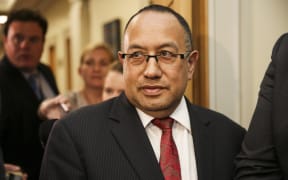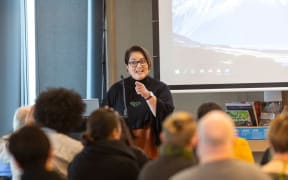Waikato leaders are calling for greater accessible voting methods as a way of lifting political participation amongst Māori and young people.
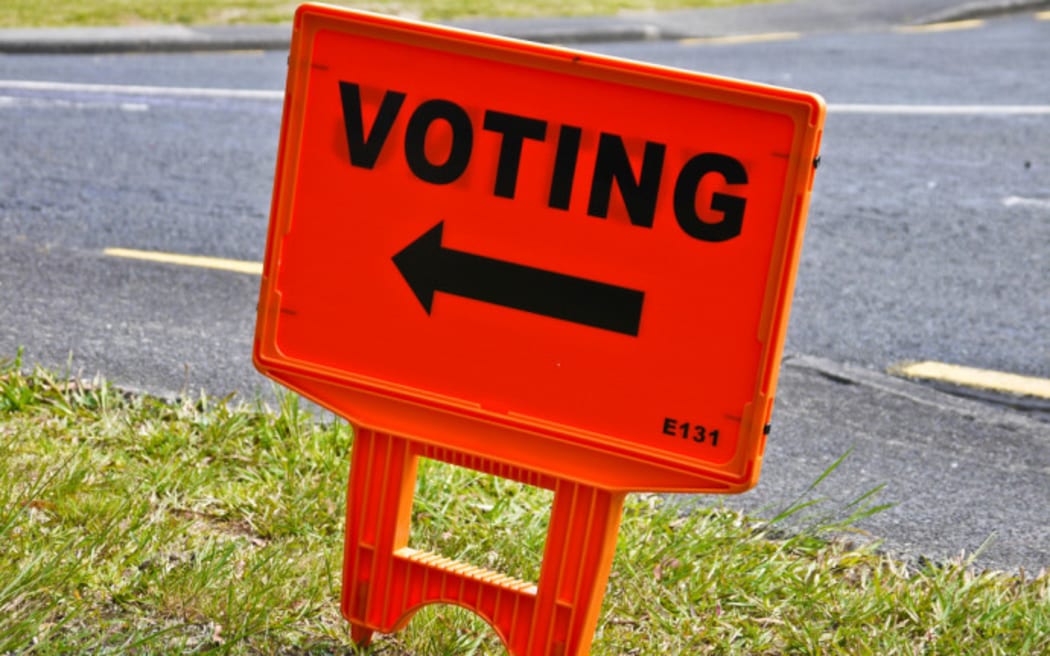
Calls are being made to make the political process more accessible for Māori and young people Photo: Supplied / Waikato District Council
The idea was discussed recently at Te Manawhenua Forum mo Matamata-Piako where business consultancy Taurikura NZ co-founder Kawena Jones implored Councils to take a "leap" and implement it.
"It is very possible, but as mentioned in the hui - council's just haven't taken the leap to try something different," he said.
"Which is largely why we keep getting the same results. 34 percent voter turnout is just not good enough, and the voter turnout for Māori is even less than that."
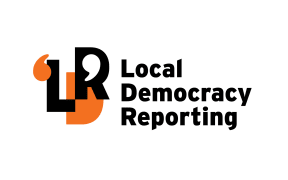
Kawena said similar mobilisation was seen during the pandemic, which gave him hope that it could be applied again.
"Councils can make it happen, and they coordinate with their democracy managers and the Electoral Commission. Individual councils themselves make the decision."
The Waikato region has historically had some of the lowest turnout in local government elections.
LGNZ statistics from 2016 show Matamata-Piako District Council had the lowest voter turnout in the country at 24.1 percent, Ōtorohanga District Council at 25.1 percent, Waikato District Council at 30.6 percent and Hamilton City Council at 33.6 percent.
A survey in 2019 of 283 young people aged 15-35 by Waikato-based youth charity Seed Waikato, revealed two in five Waikato young people did not know how to cast a vote in local body elections, and eight out of 10 feel disconnected from their council.
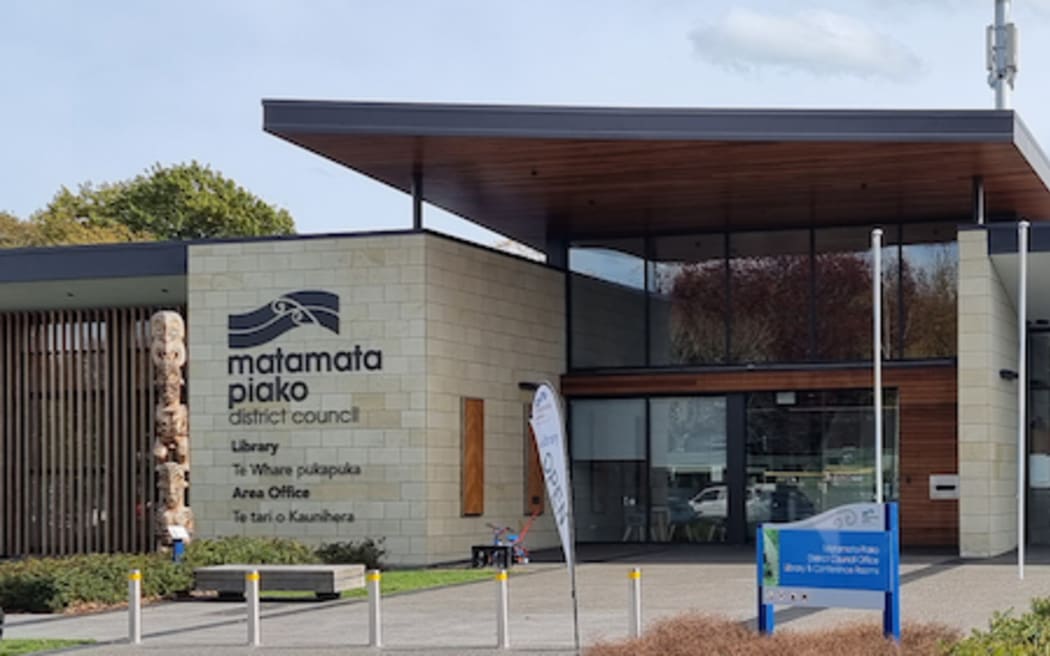
The idea of utilising mobile enrolment and voting unites was floated recently at a Te Manawhenua Forum mo Matamata-Piako. Photo: Supplied / Matamata-Piako District Council
According to the Electoral Commission, it handles electoral rolls and runs in parliamentary elections but does work with councils to provide them with information for voters.
"We do work with councils ahead of the local elections and provide them with information they can give to voters to make it easy to enrol," Electoral Commission spokesperson Clare Pasley said.
In July, it will conduct an enrolment update campaign to encourage people to make sure their enrolment details are up to date for the local elections. It will include face-to-face and digital engagement with communities.
Matamata-Piako District Council Communications Manager Jenni Cochrane said capacity would be the biggest challenge.
"This time round we are taking a much more active role in promoting this - for example we spent time at The University of Waikato enrolling students during cultural hour, we've been visiting local high schools, and we're working with local iwi to explore opportunities to connect with their people.
"We have very limited capacity to take on anything above what we're already doing - but in saying that, this sounds like a great initiative and if approached about doing something like this in partnership with the Electoral Commission, iwi or any other group, we would definitely consider it."
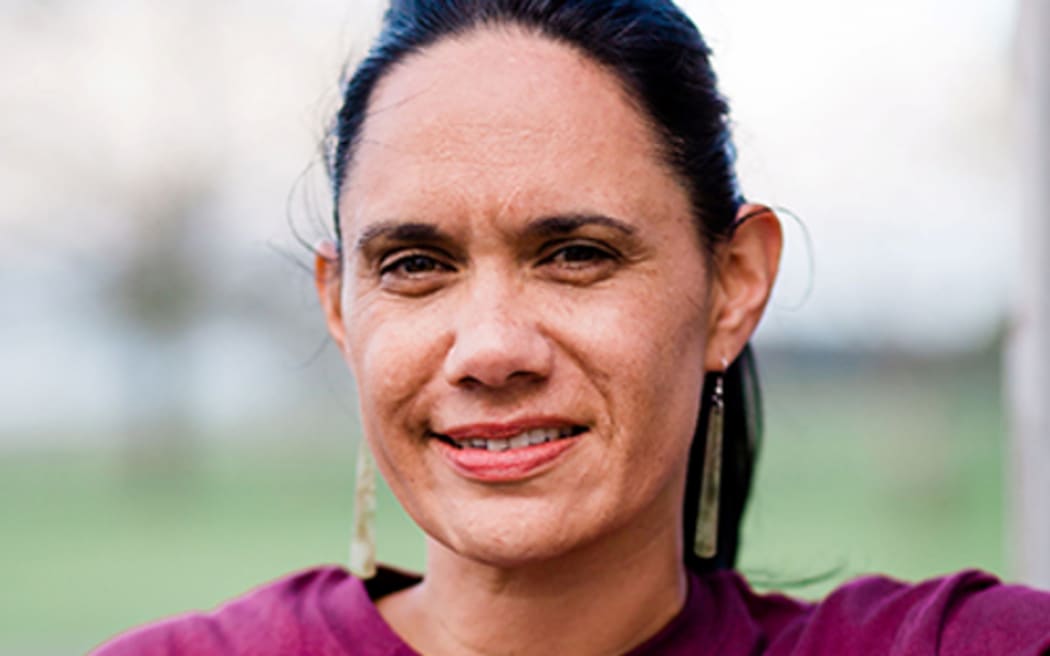
Ngāti Hauā Iwi Trust General Manager Lisa Gardiner Photo: Supplied / Tupuora
Ngāti Hauā Iwi Trust general manager Lisa Gardiner supported the idea, saying: "Absolutely support the idea of mobile enrolment units and mobile voting units to help encourage Māori to register and vote - these are excellent practical solutions that would really make a big difference to our participation and voting rates."
Waikato District Council democracy team leader Gaylene Kanawa admitted they were always looking to explore ways to improve voter participation across the Waikato district.
Council had used ballot boxes to encourage voter participation in the past, which had proven to be successful, she said.
With the local government elections only a few months away, Kanawa was hopeful that more councils would be "brave enough" to implement a form of mobile units.
"That's why we were able to hit the 90 percent vaccination rate. Not only that but govt realised they weren't the main players and iwi and mana whenua, and roopu Māori played a vital role in the high vaccination rates. If we adopted a similar approach to local democracy we would see an increase."
Local Democracy Reporting is Public Interest Journalism funded through NZ on Air
